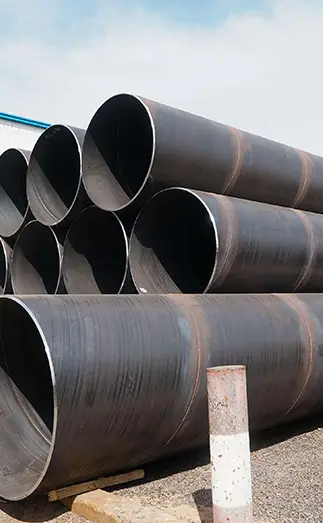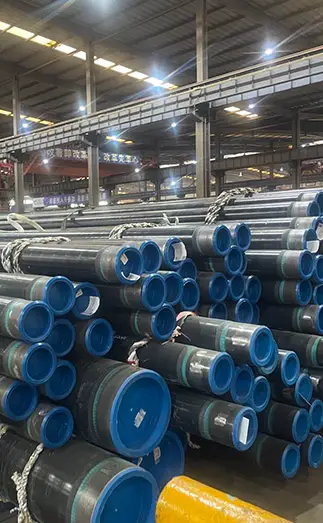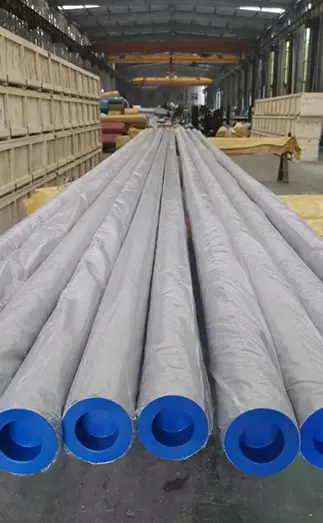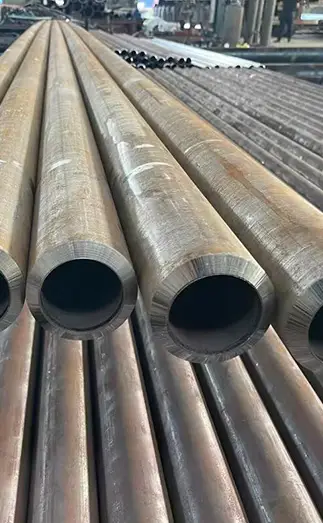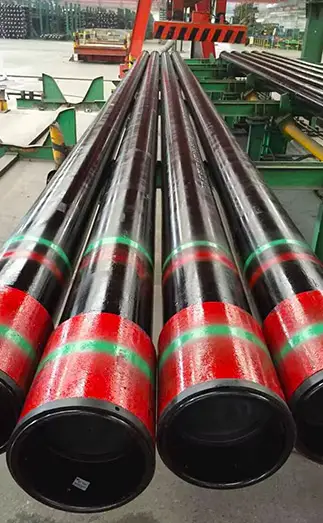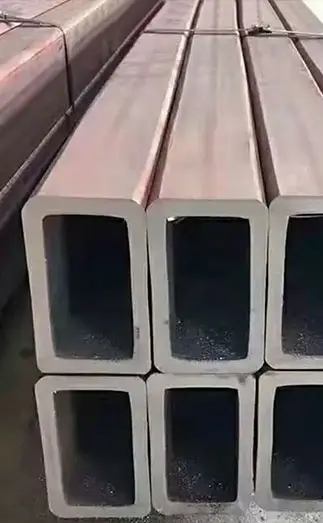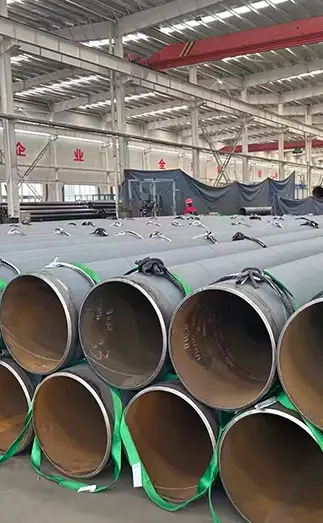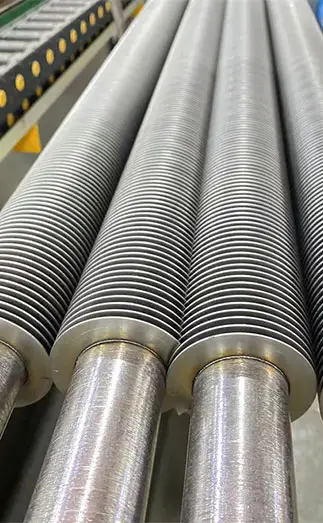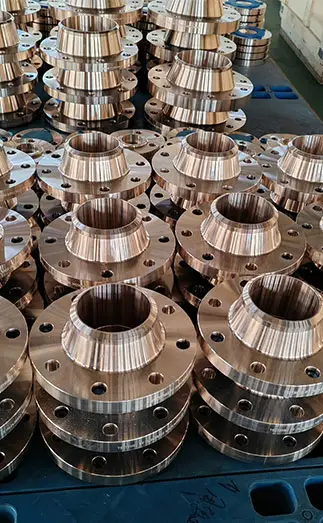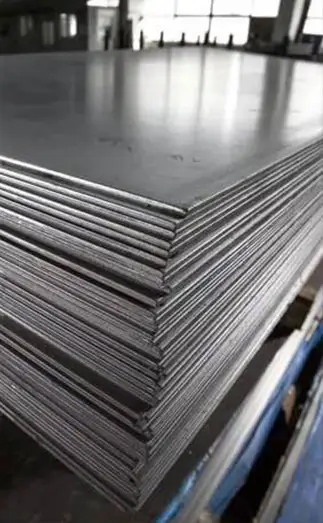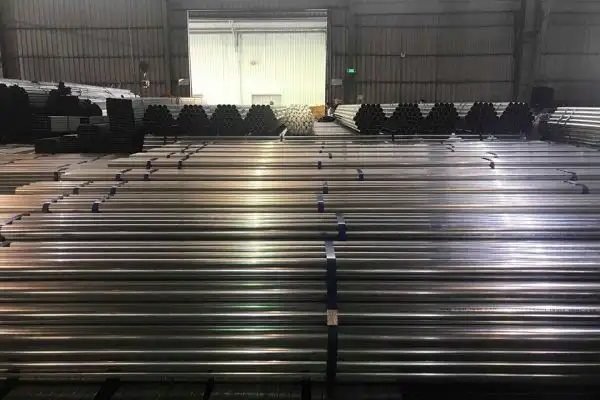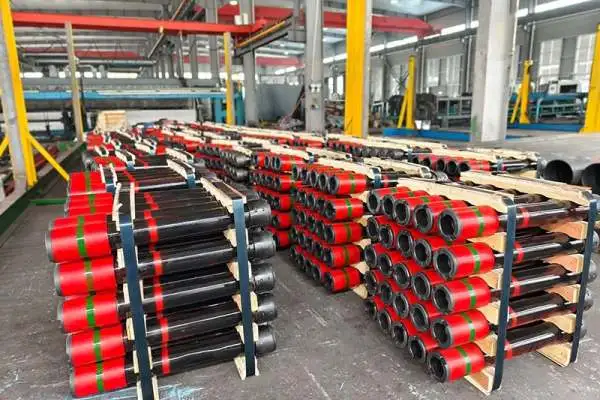API 5L Grade B PSL2 seamless pipes are widely used in the oil, gas, and petrochemical industries for the transportation of fluids, including crude oil, natural gas, and refined products. The API 5L standard, developed by the American Petroleum Institute, sets out the specifications for line pipes used in pipeline systems. The Grade B PSL2 specification defines the minimum mechanical properties, manufacturing processes, testing procedures, and materials for pipes that need to meet higher performance requirements than the standard PSL1 pipes.
Key Features of API 5L Grade B PSL2 Seamless Pipe
- Grade B and PSL2:
Grade B: Refers to the material strength, with a minimum yield strength of 35,000 psi (approximately 240 MPa), and a tensile strength range of 60,000–85,000 psi (415–585 MPa).
PSL2 (Product Specification Level 2): PSL2 pipes are more stringent than PSL1, requiring additional testing such as Charpy impact tests, hydrostatic testing, and chemical composition analysis to ensure higher toughness, strength, and performance in demanding environments (e.g., low temperatures or aggressive corrosion conditions).
- Seamless Manufacturing Process:
API 5L Grade B PSL2 seamless pipes are produced through a process in which the pipe is formed without welding or seams, offering superior strength, reliability, and durability. The seamless construction ensures uniformity in the pipe’s mechanical properties, making it suitable for high-pressure and high-stress applications.
- Material Composition:
API 5L Grade B PSL2 seamless pipes are primarily made from carbon steel, but they may also contain small amounts of alloying elements like manganese, sulfur, phosphorus, silicon, and others to improve performance characteristics. The standard chemical composition for API 5L Grade B PSL2 typically includes:
Carbon (C): 0.26% max
Manganese (Mn): 1.20–1.60%
Phosphorus (P): 0.030% max
Sulfur (S): 0.030% max
Silicon (Si): 0.10–0.35%
- Mechanical Properties:
API 5L Grade B PSL2 pipes are designed to provide high mechanical strength, toughness, and corrosion resistance. The typical mechanical properties for these pipes include:
Yield Strength: 240 MPa (35,000 psi) minimum
Tensile Strength: 415–585 MPa (60,000–85,000 psi)
Elongation: 21% minimum in 8 inches (200 mm)
Wall Thickness and Dimensions: API 5L Grade B PSL2 seamless pipes come in a wide range of diameters and wall thicknesses to suit various pipeline requirements. Common sizes range from 1.66 inches (42.2 mm) to 80 inches (2,030 mm) in outside diameter (OD), and the wall thickness can range from 0.280 inches (7.1 mm) to over 1 inch (25.4 mm), depending on the intended application.
- Applications:
Oil and Gas Pipelines: API 5L Grade B PSL2 pipes are often used for the transportation of crude oil, natural gas, and refined products due to their ability to withstand high pressures and harsh conditions.
Offshore Pipelines: Because PSL2 pipes have better toughness and impact resistance, they are commonly used in offshore oil and gas production where the pipes must endure extreme environmental conditions.
Water and Slurry Transport: The pipes are also used in industries requiring the transportation of water, chemicals, or slurry, providing durable and corrosion-resistant solutions.
Industrial Applications: These pipes are utilized in various other industries that demand high-strength, corrosion-resistant pipes, including power plants, chemical facilities, and refineries.
- Testing Requirements:
API 5L Grade B PSL2 seamless pipes must undergo several mandatory tests to ensure their performance meets the strict requirements. These tests include:
Hydrostatic Test: To check the pipe’s resistance to pressure.
Charpy Impact Test: To ensure the pipe can withstand low temperatures and extreme conditions without failing.
Tensile Test: To verify that the pipe meets the required yield and tensile strength.
Dimensional and Visual Inspection: To check the dimensions, surface quality, and appearance of the pipe.
Ultrasonic Test: Used to detect internal defects or anomalies in the pipe material.
- Coatings and Surface Treatments:
API 5L Grade B PSL2 pipes can be coated with various anti-corrosion coatings to extend their lifespan, especially in harsh environments. Common surface treatments include:
FBE (Fusion Bond Epoxy): Provides excellent corrosion protection.
3LPE (Three Layer Polyethylene): Suitable for pipelines exposed to aggressive environments.
Bitumen Coating: For basic corrosion protection.
Zinc Coating: Electro-galvanizing or hot-dip galvanizing to prevent rust and corrosion.
- Standards and Compliance:
API 5L Grade B PSL2 seamless pipes comply with:
API 5L: The primary specification for line pipes.
ISO 3183: An international standard for line pipes, providing guidelines for manufacturing and testing.
ASME B31.4 and B31.8: Design codes for pipelines in liquid and gas transportation systems.



 English
English Español
Español Français
Français بالعربية
بالعربية